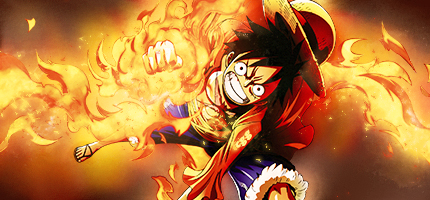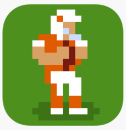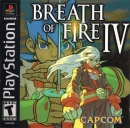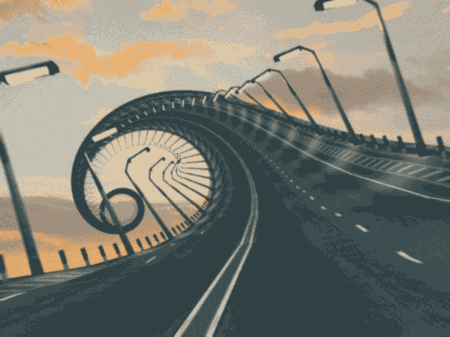ThatDreamcastTho said:
Mandalore76 said:
Not wrong actually. The Dreamcast has a Worldwide Discontinued date of March 31, 2001. That's over 7 months before the Xbox launched in November later that year. In fact, the announcement was made by Sega on January 31, 2001. Any games made for the Dreamcast after the official discontinuation date are irrelevant to the fact that it's manufacturer had long since acknowledged that it had already withdrawn from the console market. Therefore, it's not inaccurate to say that the Dreamcast never actually competed in the same marketplace with the Xbox.
|
If the issue of generation was simply determined by dates of manufacture, it would be cut and dry which console was in which generation and this thread wouldn't even exist. I say it goes by what games appear on each console to determine generation. The switch has Valkyria Chronicles 4, Dragon Quest XI, etc. just like PS4 and/or Xbone do. WiiU had Ninja Gaiden 3, Deus Ex: Human Revolution, etc. just like PS3 and Xbox 360 did. Dreamcast had Skies of Arcadia, Evolution, etc. just like Gamecube did. Dead or Alive 2, Crazy Taxi, Shenmue 2, Space Channel 5 Part II, etc. also appeared on Dreamcast as well as PS2 or Xbox.
|
First off, you are confusing me stating that the Dreamcast never actually faced the original Xbox as a marketplace competitor, with me saying that the Dreamcast belongs in the previous gen of consoles. I never said that. I just acknowledged that the Dreamcast as a product was discontinued long before (9 months announced, 7 months actual) the first original Xbox was on a store shelf for sale. Also, the games anaology isn't as cut and dry as you'd like it to be. New consoles often share the same library as the consoles that preceded it for the first couple of years of its lifespan, and again with the consoles that succeed it during the last couple of years of its lifespan.
PS3 & PS4 games (shared games*)
Dragon Quest Builders
Dragon Quest Heroes 1 & 2
Persona V
Metal Gear Sold V: The Phantom Pain
Metal Gear Solid V: Ground Zeroes
Dark Souls II
The Last of Us
Transformers: Devastation
Dragon Age: Inquisition
Middle Earth: Shadow of Mordor
Far Cry 4
Grand Theft Auto V
Dead of Alive V: Last Round
Destiny
Godzilla The Game
Thief
South Park: The Stick of Truth
Call of Duty: Ghosts
Call of Duty: Black Ops III
Call of Duty: Advanced Warfare
Saint Row IV
Dynasty Warriors 8
Diablo III
Alien: Isolation
Final Fantasy XIV: A Realm Reborn
Payday 2
Rayman Legends
Assassin's Creed IV: Black Flag
Need for Speed: Rivals
The Amazing Spider-Man 2
Wolfenstein: The New Order
Watchdogs
Battlefield 4
Little Big Planet 3
WWE 2K15, 2K16, 2K17
NBA 2K14, 2K15, 2K16, 2K17
NHL 15, 16
Madden NFL 25, 15, 16, 17
MLB The Show 14, 15, 16
Fifa 14, 15, 16, 17, 18
Just Dance 2014, 2015, 2016, 2017, 2018
*not a complete list by any means
Some of the games in the Dreamcast library were also on the Nintendo 64. (South Park: Chef's Luv Shack, WWF Attitude, NFL Quaterback Club 2000, NFL Blitz 2000, Ready 2 Rumble Boxing, Worms Armageddon, Star Wars: Episode 1 Racer, Hydro Thunder, etc...)






















































